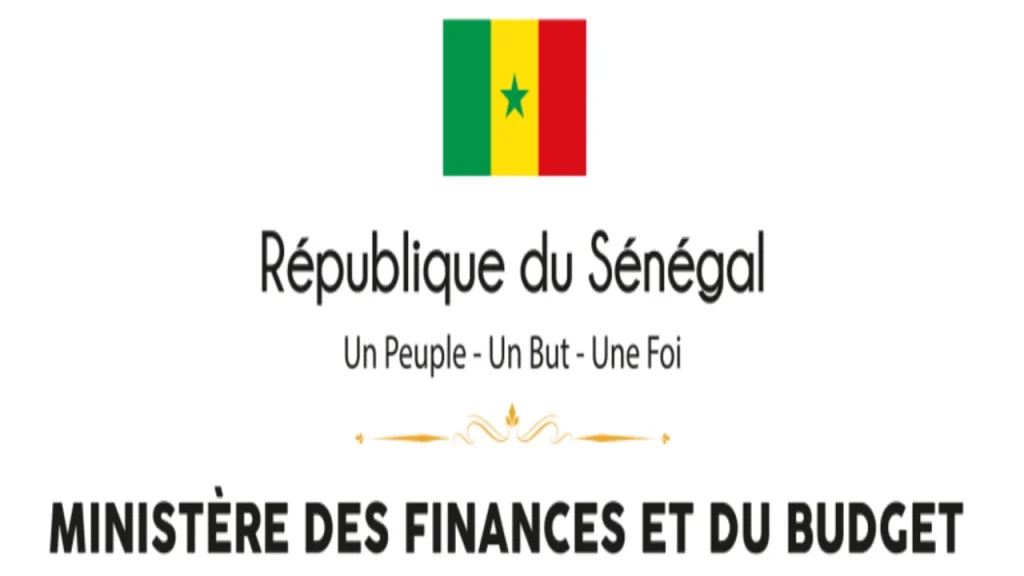- World Bank funds Senegal’s results-based budgeting and public financial management
- Ministry tackles fiscal decentralisation and data transparency challenges
Ministry of Finance and Budget: $115M boost for reform
The Ministère des Finances et du Budget of Senegal has secured a $115 million financing package from the World Bank to support its ambitious budget reform strategy. Announced in mid-2024, this initiative is designed to help the country shift towards a results-based budgeting model and enhance transparency across its financial systems. The funding will be used to improve efficiency in public expenditure, support macroeconomic stability, and ensure that fiscal resources are better aligned with national development goals. As Senegal continues to implement the reforms set out in its Plan Sénégal Émergent (PSE), this support represents a significant step in securing the tools and capacity needed to strengthen governance and institutional accountability.
The reform package also includes measures to decentralise financial authority and enhance performance evaluation in public service delivery. A key objective is to increase the involvement of regional governments in budget planning and execution. This is critical for improving service quality and ensuring that local needs are reflected in national priorities. The World Bank’s endorsement highlights Senegal’s commitment to responsible fiscal management, and its ability to align with international standards, particularly those of the West African Economic and Monetary Union (WAEMU).
Also Read: AFRINIC election undermined by government: When the ministry meddles
Also Read: Morocco and Finland strengthen ties through Ministry of Foreign Affairs, African Cooperation and Moroccan Expatriates
Ministry of Finance and Budget: Vision, challenges and innovations
The Ministry plays a central role in shaping Senegal’s economic trajectory by overseeing macroeconomic planning, revenue collection, and expenditure control. Its broader vision includes ensuring the sustainability of public finances, promoting investment, and enhancing digital transformation across government departments. As part of this modernisation, the Ministry is actively introducing digital tools and open-data platforms that allow for better transparency, improved service delivery, and closer engagement with citizens and stakeholders.
However, the path to reform is not without challenges. Senegal’s financial institutions still face limitations in data management, procurement efficiency, and local fiscal autonomy. Many regional governments lack the technical capacity to implement reforms, and disparities in infrastructure can hinder decentralisation efforts. In response, the Ministry is deploying innovations such as e-budget platforms, interoperable financial systems, and performance monitoring tools to streamline operations and build fiscal resilience. These measures are designed to bring public finance management in line with best practices while maintaining a strong focus on equity, accountability, and development impact.

